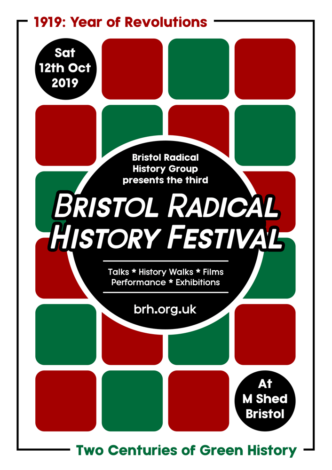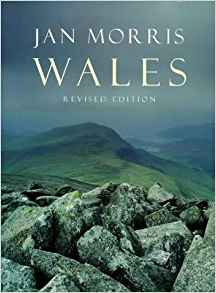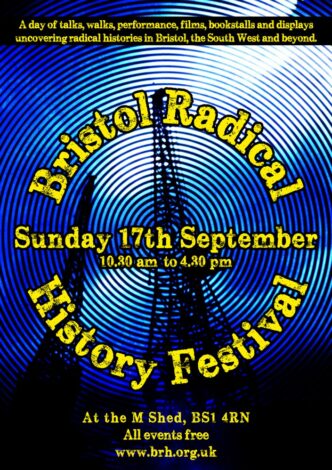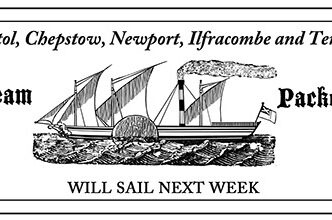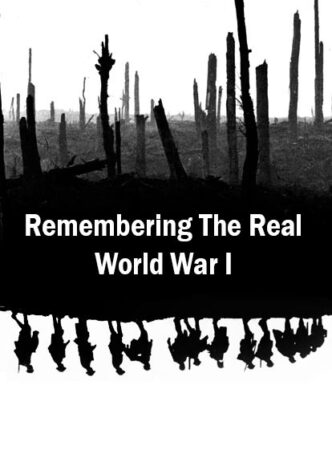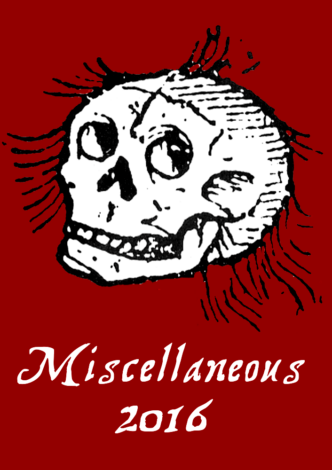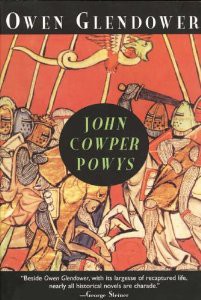‘Wild Scenes at Cardiff’ reads the South Wales Echo headline; ‘Blacks Hunted By a Furious Mob’ in the South Wales News. In June 1919, Cardiff was the scene of four days and nights of violent unrest that left three dead, many in hospital, and buildings ransacked and burned by mobs that included soldiers and sailors in uniform, ex-servicemen and women, united in the pursuit of black seamen. Who were these rioters and why they were ‘furious’? Who were their victims? Who did what, when and where? […]
Clevedon-born author and historian Jan Morris describes herself as ‘by loyalty Welsh’, and writes about her subject with warmth and eloquence. As a book that captures the spirit of place, Wales: Epic Views of a Small Country, cannot be bettered. Morris gives a brusque sense of intimacy so that you feel you’ve been grabbed by the arm and are being led across the bridges and down the valleys of Wales in your wellies, while she confides everything that she is passionate about. Far from being a dry […]
 Not A BRHG Event
Not A BRHG Event
'England's difficulty is Ireland's opportunity' Joe Mooney of East Wall History Group, Dublin explains how Irish Nationalists responded to the Great War. His talk will outline the difficulties of the 'Irish question', the movement towards Home Rule and the rise of armed bodies in 1913/1914. How did these conflicting groups react to the outbreak of war and the possibility of conscription - and why did some Nationalist support the war effort while others opposed it? Some saw the Irish rebellion of […]
Socialism, which presented itself as a new and exciting ideology in the Britain of the 1880s, was essentially universalist in nature. It proposed a set of solutions to the problem of capitalism that were in theory applicable to all societies, and it derided what it saw as divisive particularisms such as nationalism. In reality, though, socialists had to apply their universalist ideas to particular situations wherever they presented their ideas. The growth of socialism in Wales from the 1880s to […]
This article was recently published in the excellent Chartism online magazine and is the result of a collaboration between BRHG and David Osmond, Ray Stroud, Peter Strong, Les James, historians from Newport and Cardiff. Our thanks to Les James for authoring the piece and allowing us to reproduce it. Members from the Bristol Radical History Group (BRHG) brought their bookstall to the 2016 Newport Chartist Convention held at the John Frost School. Di Parkin, Roger Ball, Maureen Ball, Steve Mills […]
 Not A BRHG Event
Not A BRHG Event
After the defeat of the first reform bill in early October 1831 violent protests exploded in many British cities. The rising in Bristol was the most spectacular and suffered the harshest repression by the military. This talk considers this revolt and, using new research, solidarity actions in South Wales to aid the Bristol ‘rioters’. A workshop at Cardiff Anarchist Bookfair, Room 1, Cathays Community Centre, 36-38 Cathays Terrace, Cardiff CF24 4HX
In 1917 in Britain, one of the government’s worst nightmares was developing. There had always been a ‘hard-core’ of opposition to the war on political, moral & religious grounds. Over the course of the war this opposition had developed as conscription was introduced. It began to be joined by industrial militancy as working conditions came under attack. With the February Revolution those opposed to the war could see an alternative and a way for the war to end. The authorities understood the […]
This talk will focus on an on-going research project into the anarchist elements of the wider Spanish community in Dowlais and Abercraf, c.1900-1920. Following a shortage of labour during the Second Boer War (1899-1902) the management of the Dowlais Iron Works used its subsidiary company in the Basque region to encourage Spanish labourers and their families to move to South Wales. By 1911 there were 264 Spaniards in the borough of Merthyr Tydfil, part of an international community which also […]
Are all the events in the great world… so different from what the historians say? Although it’s a contradiction in terms, it seems accurate to say that John Cowper Powys is a novelist who has more than a single magnum opus, maybe even several. For me The Glastonbury Romance is his great work among the Wessex novels but it is difficult to think of Wolf Solent, Maiden Castle or Weymouth Sands as in any way lesser works. The vast and panoramic Owen Glendower looks and reads like his magnum opus […]
